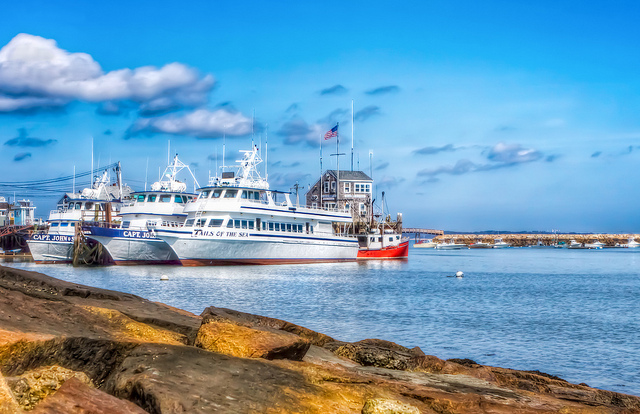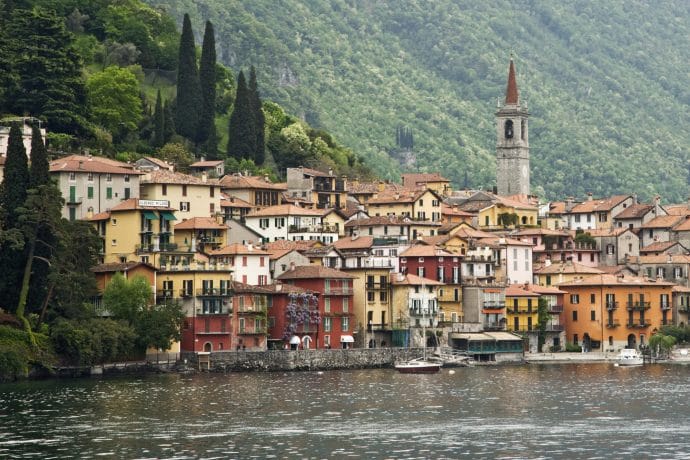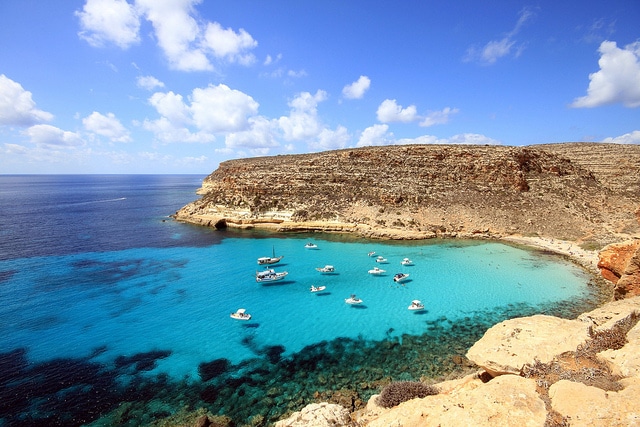For the first time ever, the Office of National Statistics has published figures relating to holiday home ownership in the UK and they reveal that some 165,000 people own a second home for holiday purposes. Presumably, many of these are also available to let to third parties for holiday purposes. Either way, this total is some way short of previous estimates of about 250,000. The picture is further muddled by another 189,000 who claim to have a second home for “ work “ purposes. Presumably, the latter category includes all those people who live and work in London during the week and spend the weekend at a rural retreat in Oxfordshire, Gloucestershire or Norfolk etc. There are plenty of places in the Cotswolds, for example, that resemble ghost towns during the week but miraculously come alive on a Friday and Saturday.


Leaving aside these weekly commuters, it comes as no surprise that Cornwall and Devon register highly as the counties with the largest numbers of second homes used primarily for holiday purposes with some 10,000 in each. Despite the fact that a large proportion of these are made available to third parties for holiday and these visitors spend millions on sustaining the local economy, there are always plenty of locals hell-bent on accusing these second home owners of creating ghost towns in the winter and of squeezing out local Cornish or Devonian people from the housing market. The fact of the matter is that most holiday hotspots have always been pretty dead out of season although there is evidence to suggest that visitors are now beginning to take seaside breaks all year round as the winter months get milder. Secondly, houses as the water’s edge or with commanding sea views have always been about 50% more expensive than those inland. There is absolutely no shortage of affordable properties in Devon and Cornwall. It all depends on how fussy you are as to where you want to live as to whether it is affordable or not.

Locals also need to take a reality check on just what holds the South West economy together. Cornwall’s mining industry is all but extinct. Smuggling seems to have lost its appeal and most of the fishing industry is now centred on big, expensive trawlers operating out of a handful of large harbours like Plymouth, Brixham and Newlyn.

The bottom line is that, aside from farming which continues to prosper inland, the South West remains heavily reliant on cash which is spent locally by outsiders, many of whom stay in holiday properties. They tend to be better off than the average local inhabitant and therefore help to sustain many services like property maintenance, shops and restaurants which might otherwise be struggling.
Brought to you by Farm holidays
Travel photos: JonCombe, John Glass, Brian, PapaDunes














